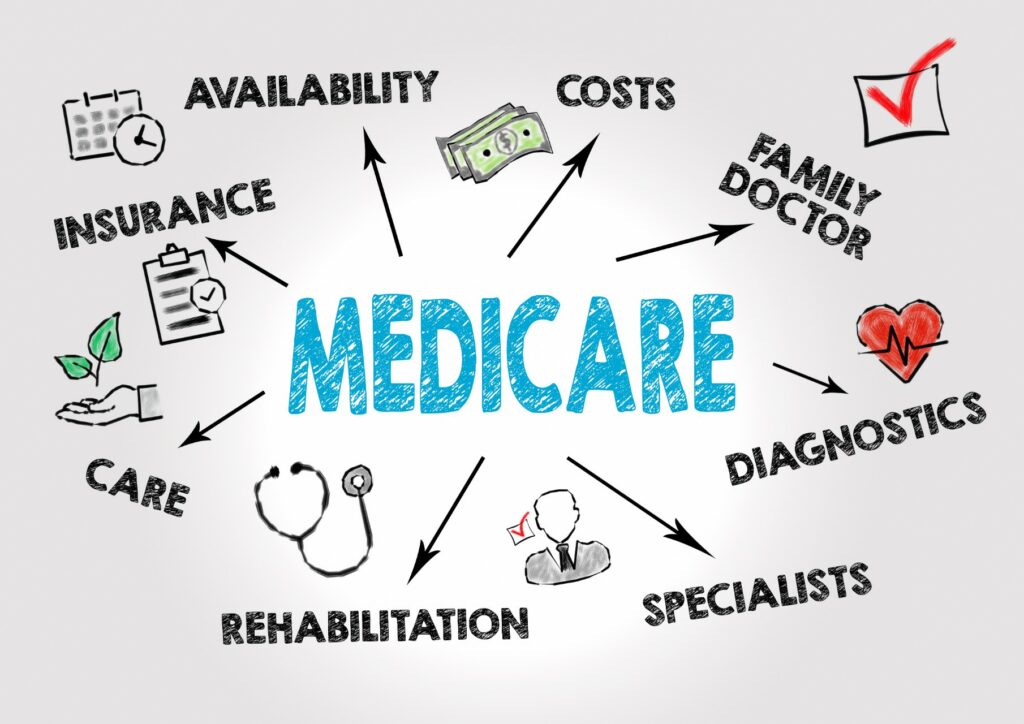If you or a friend is about to turn 65, there are a few things to know before enrolling in Medicare.
First, you will feel as popular with the post office as a senior in high school, when they get buried in college brochures.
Trust me, the mail will find you. For a few highlights, there is Cleveland.com’s recent article entitled “6 things you should know about signing up for Medicare” gives us a few things you should know about Medicare:
- Who’s enrolled automatically? If you’re under the age of 65 and already receive Social Security benefits, you’ll be automatically enrolled in Original Medicare, which includes Medicare Part A (hospital insurance) and Part B (medical insurance). However, if you’re not getting Social Security benefits, you can sign up for Medicare during your initial enrollment window (around your 65th birthday) and choose which insurance combination is best for you.
- Original Medicare doesn’t cover everything. Original Medicare doesn’t cover prescription drugs, custodial care, or most hearing, vision, and dental care. It also only partially covers some services, such as hospitalization, ambulance services, and nursing home care. As a result, you may be responsible for copays and deductibles. You can purchase Medicare Supplemental Insurance (or Medigap) plans, Medicare Part C, or Medicare Advantage.
- Medicare Part D isn’t really optional. If you take any prescription medications or plan to — and don’t want to pay for them out of pocket — you’ll need to add Medicare Part D. Note that there’s a late-enrollment penalty if you miss your eligibility window.
- The fall open enrollment isn’t the only time to enroll. When you become eligible for Medicare, you have a seven-month initial enrollment period to enroll in Medicare. This begins three months before your 65th birthday month and ends three months after. If you miss this, you may face late enrollment penalties for Medicare Part B (medical insurance) and Medicare Part D (prescription drug coverage). The Social Security Administration advises you to sign up for Medicare at age 65, even if you’re not planning to retire yet. If you’re switching to a Medicare Advantage plan, you can do so during the Medicare open enrollment period, which runs every year from October 15 to December 7. Any new plans or changes you make during this period are effective starting January 1. Moreover, there are also special enrollment periods for certain situations, like a significant change to your financial or medical circumstances.
- Medicare Advantage can bundle your health care. Also known as Medicare Part C, this is a Medicare-approved plan from private insurance companies that will bundle your Part A and Part B coverage with other benefits. It’s usually prescription drug coverage, but Medicare Advantage plans can also include many vision, hearing, and dental benefits that Original Medicare does not. Medicare Advantage plans are all-in-one, more like traditional insurance, but they come with less flexibility. You may pay lower out-of-pocket costs for most services. However, there will be higher fees if you want to see a specialist out of your network.
- It isn’t effortless, but you can get help. Enrolling in Medicare is often more complicated than a one-time sign-up because it requires ongoing choices and changes for many patients. Your best Medicare combination heavily depends a lot on what medications you take and what health care providers you see, as well as your location and income.
For those paying for health insurance directly, the choices are many, and virtually all are cheaper than your current planning.
Reference: cleveland.com (October 31, 2021) “6 things you should know about signing up for Medicare”
Suggested Key Terms: Elder Law Attorney, Medicare


